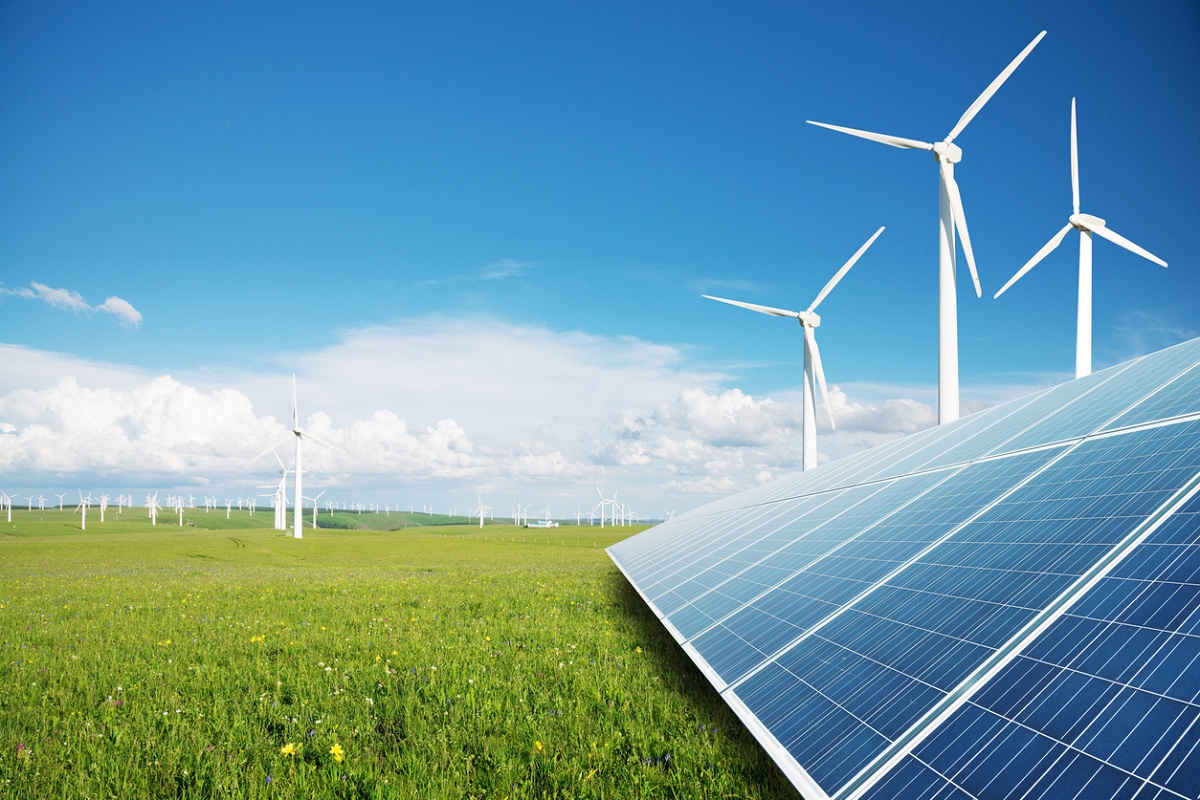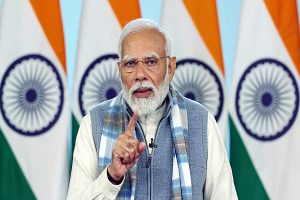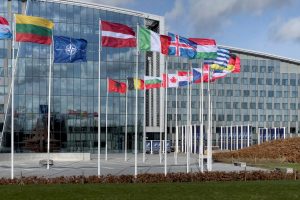As the Africa climate summit began in Nairobi on Monday, grassroots groups and climate activists from across the continent will be holding African leaders to account to deliver concrete climate action and plans to address the continent’s pressing needs.
“We are calling on African governments to prioritize the needs of the African people and deliver adequate measures to address the climate crisis, energy poverty and interlinked challenges. African nations need to prioritize green renewable energy targets rooted in justice over fossil fuels and false solutions and push for substantial global investments to support the clean energy transition in Africa,” said Charity Migwi, Regional Campaigner, 350Africa.org.
Climate activists are also appealing to African leaders to hold developing nations historically responsible for the climate crisis accountable to scale up financing for robust mitigation and adaptation measures.
Over 30 heads of state, 30 plus climate ministers, 25,000 delegates and the UN Secretary General are expected at the inaugural African Climate Summit in Nairobi — running from Monday to Wednesday.
Expect the Nairobi Declaration due on Wednesday to hammer home the need for greater clean investment in Africa.
Saying the Africa climate summit is a vital moment for the continent to take charge, Mohamed Adow, a climate justice advocate and director of energy and climate think-tank Power Shift Africa, writes: “Africa stands on the cusp of sweeping economic development. Whether this development is powered by clean renewables, or dirty fossil fuels, will go a long way to determining if the world meets the Paris Agreement goal of limiting global heating to 1.5C.”
International Energy Agency (IEA) Executive Director Fatih Birol will be at the climate summit where he will meet with leaders from governments, industry and civil society to discuss Africa’s growing role in global energy and climate issues — and the opportunity presented by clean energy for the continent’s economic future.
At the Summit, Birol and President Akinwumi Adesina of the African Development Bank Group (AfDB) will also launch the new report on Financing Clean Energy in Africa that both organisations worked on together.
For African countries to achieve universal energy access, develop their economies and meet their climate commitments, energy investment on the continent needs to increase rapidly.
The new report coming on Wednesday lays out ways to bring down financing costs and boost access to capital to help make this happen. African leaders will demand rare metals mined in the continent are processed there, and will likely hammer home a long-targeted goal of 300GW clean energy by 2030, up from 56GW in 2022.
With 43 per cent of the continent (600 million people) still lacking access to power, it’s a development and climate issue requiring investment of $25 billion per year.
According to the IEA, that’s around 1 per cent of annual global energy investment: the cost of a single liquefied natural gas (LNG) terminal.
Ahead of other regional climate summits and the COP28 UN climate talks, the summit is seen as an opportunity for Africa to offer leadership and set the stage for climate action that prioritizes the communities at the frontlines of the climate crisis, more so on the most climate-vulnerable continent.
Zaki Mamdoo, climate activist and coordinator, Stop EACOP Coalition, said: “The African Climate Summit could provide the platform needed for the continent to dramatically shift its trajectory and future, from one that is set to bear the brunt of climate collapse, to one of energy-security and prosperity driven by decentralised and people-centred renewables.
“For this to happen, African leaders will need to rise to the occasion and make firm commitments to significantly upscale renewable energy developments while resisting and withdrawing any and all support for exploitative and destructive projects like the East African Crude Oil Pipeline (EACOP).”
At some point between September 8-12 a document will drop on the UNFCCC website pulling together the most comprehensive assessment of global action on climate change to date.
The Global Stocktake (GST) is the result of two years of consultations and inputs from governments, business and NGOs.
The ‘technical paper’ will be bleak — and will inform the COP28 decision text or declaration that countries are expected to adopt.
The G20 summit in Delhi from September 9-10 is on a sticky wicket: Chinese President Xi Jinping skipping the event, joining his Russian counterpartVladimir Putin as a no-show.
Ministers on the climate and energy tracks failed to reach any consensus during meetings in July.
A circulating draft of the leaders communique from late August offers little sense of progress with major polluters bickering over the 1.5C target, peaking dates and responsibility.
Firing the starter’s gun on industrial decarbonisation is one of the best things G20 countries can do to bring climate action in line with 1.5C.
The new One Earth Energy Model offers a sense of what G20 countries should be doing.












